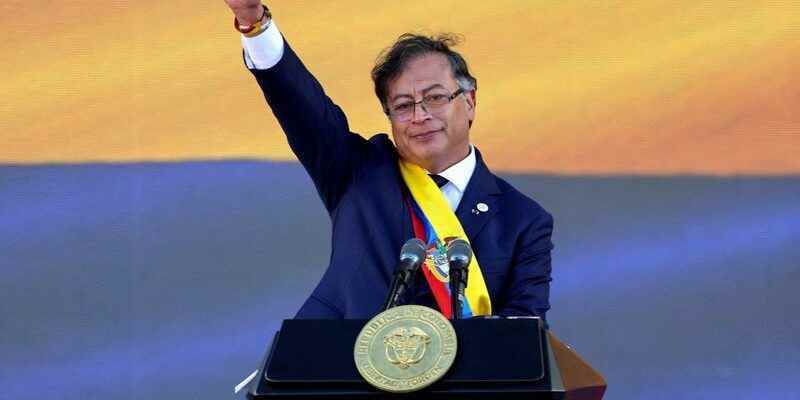This announcement is part of the main campaign promise of newly elected Gustavo Petro, a former member of the M-19 insurrection, who took office on August 7, pledging to bring “total peace” to the Andean country.
“I authorized the restoration of protocols, allowing negotiators to reconnect with their organization, suspending arrest warrants for these negotiators, suspending extradition orders for these negotiators in order to begin a dialogue with the Army of national liberation,” Petro said.
“This resolution initiates a new possibility for a peace process in Colombia,” Petro said after attending a security council meeting in Bolivar province.
Representatives of the ELN, which was founded in 1964 by radical Catholic priests, have remained in Cuba since previous talks, begun under the government of Juan Manuel Santos, were called off in 2019.
The group declared shortly after Petro’s election that it was ready to consider negotiations.
Petro said a visit by Colombian and international officials to Cuba this month was to assess whether the ELN, which is seen as radical and not controlled by the central government, is really willing to pursue a peace process. .
Colombian High Commissioner for Peace Danilo Rueda visited Cuba with Foreign Minister Alvaro Leyva, Senator Ivan Cepeda and UN official Carlos Ruiz Massieu, as well as a representative of the Norwegian government.
Rueda has the power to explore the possibility of talks as well as whether ceasefires and other measures could be established, Petro said.
Talks could start where the Santos administration left off, the Colombian president said, adding that he would recognize the protocols agreed with the help of guarantors Cuba, Chile, Venezuela, Norway and Brazil.
Talks between the ELN and the Santos government began in Ecuador, then moved to Cuba, but were interrupted by Santos’ successor, Ivan Duque, because the ELN refused to end hostilities and killed 22 police cadets in a Bogota bomb attack.
Previous attempts to negotiate with the ELN, which has some 2,400 fighters and is accused of funding itself through drug trafficking, illegal mining and kidnappings, have failed in part because of divisiveness within its ranks. .
Much of the ELN Cuba leadership is older than many of its members, and it is unclear what influence it wields over units operating in the Colombian countryside.
